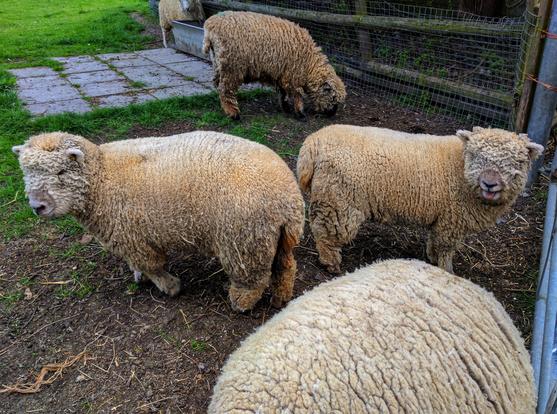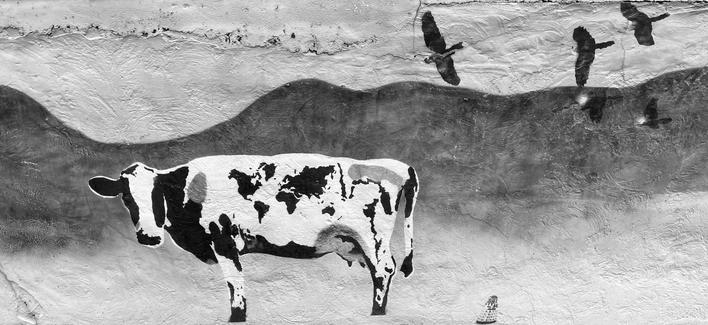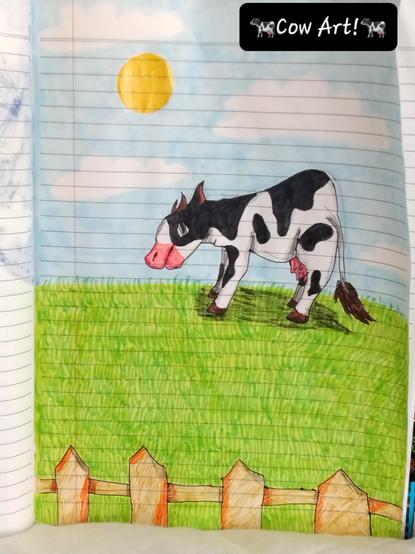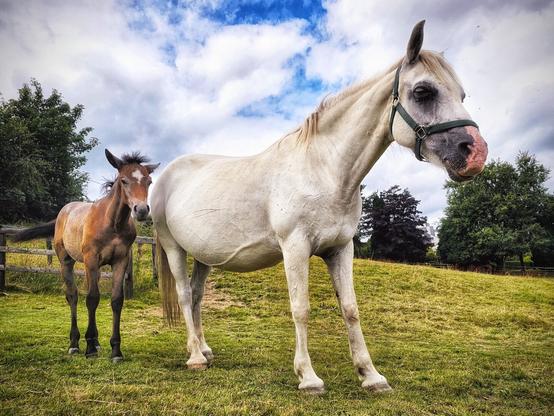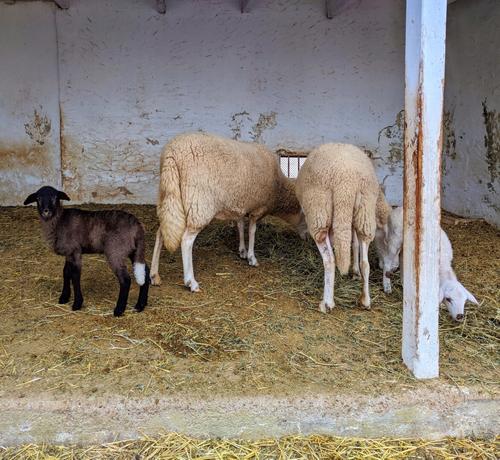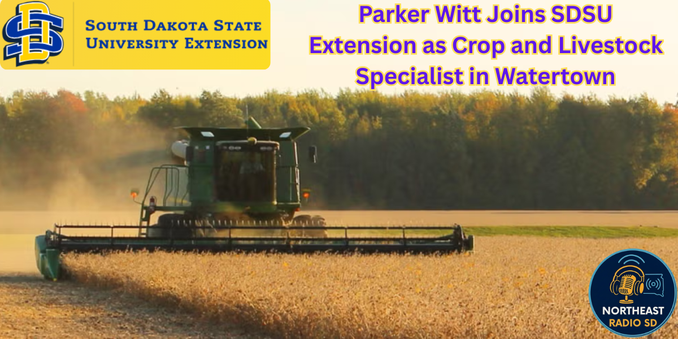Systematic #fraud in live transport of animals: #Exporters declare a closer destination to get approval for the #transport, but then continue it far beyond the max. legal transport time, keeping the #animals in unlawful conditions: www-agrarheute-com.translate.goog/tier/falsche... #livestock #trade
Falsche Angaben: Schockierende...
#livestock
(2/2) … The spread of antibiotic resistance represents a global challenge in human #medicine as the transfer of antibiotic-resistant bacteria and resistance genes is possible between humans, #animals and the environment: www.bvl.bund.de/SharedDocs/P... #livestock #health
Pressemitteilungen - Antibioti...
… interests of #livestock farmers and of the #meat & #dairy industry—or to try to pander irresponsibly and baselessly to cheap populism? All while making life more difficult for consumers looking for #sustainable, plant-based options—and for the crop #farmers and companies catering to them. 4/4
Trong khi các hộ chăn nuôi nhỏ lẻ lao đao vì dịch tả lợn châu Phi, buộc phải tiêu hủy hơn 1 triệu con lợn, thì các "ông lớn" trong ngành lại đua nhau báo lãi khủng lên tới hàng nghìn tỷ đồng. Sự tương phản này cho thấy rõ những khó khăn mà người nông dân đang phải đối mặt.
#chănnuôi #nôngdân #giálợn #dịchtảlợnchâuphi #kinhtế #ViệtNam
#livestock #farming #AfricanSwineFever #economy #Vietnam
The Environmental Cost of Extensive Livestock Farming in Mountain Ecosystems
The article critiques the promotion of extensive livestock farming in mountain areas, emphasizing that this practice often disregards the value of wild flora and fauna. The author compares the protection given to cultivated crops and ornamental plants to the neglect of threatened wild plants, highli... [More info]
These fluffs live at #MudchuteCityFarm in #London
#sheep #Schafe #animals #Tiere #SheepOfMastodon #sheepodon #Schaf #sheeptodon #livestock #cityFarm #farmLife
Stopping deforestation and ecosystem harm
Traceability for deforestation-linked commodities
Deforestation-free Europe wants to keep deforestation-linked commodities such as cattle, wood and cocoa out of the market.
>>
https://theconversation.com/from-beef-to-timber-a-new-era-of-labels-will-reveal-where-your-shopping-comes-from-265083
#deforestation #biodiversity #climate #regulation #SupplyChains #EUDR #DueDilligence #cattle #meat #beef #livestock #LoggingImpacts #NSWLogging #timber #traceability #harm #Australia #EU
Food, extreme heat and human labour on plantations
Too hot to harvest: Rising heat threatens farm labor and food security farming work
>>
https://phys.org/news/2025-10-hot-harvest-threatens-farm-labor.html
#food #FossilFuels #climate #ExtremeHeat #plantations #labour #AgriculturalWorkers #PALM #farms #agribusiness #WBGT #CSIRO #livestock #outdoors
A global study reveals livestock are increasingly vulnerable to climate change—especially in low-income regions. Heat stress, disease, and feed shortages threaten food security and rural livelihoods.
🔗 https://phys.org/news/2025-10-global-analysis-livestock-vulnerability-climate.html?utm_source=mastodon&utm_medium=social&utm_campaign=fedica-Autoposting
#ClimateImpact #Livestock #FoodSecurity #GlobalSouth #SustainableAg
Cows Wear High-Tech Collars Now
https://fed.brid.gy/r/https://www.nytimes.com/2025/10/05/technology/cows-ai-collars.html
#Russian drone attack kills 13k #pigs in Kharkiv Oblast
#Russian #drone attack: large-scale fire at #agricultural enterprise located in the community of #Novovodolazka. The fire engulfed 8 pig stalls
#KharkivOblast Governor called removal of pig corpses a complex process
Since the beginning of Russia’s full-scale #invasion, #animals & #livestock has immensely suffered from consequences of Russian attacks
https://kyivindependent.com/russian-drone-attack-kills-13-000-pigs-in-kharkiv-oblast/
Finland's wolf population rises by 46% within a year.
There are about 430 wolves in Finland, with the strongest population growth in the southwest, says the Natural Resources Institute.
There were 76 wolf territories across the country in March. The institute estimates that there were about 57 family packs and 19 pairs without cubs, including moving around in border regions.
🐑 #MähMittwoch Edition
(Geht ja gar nicht ohne #schwarzesSchaf // One cannot simply post without a #blackSheep)
#sheep #Schafe #animals #Tiere #SheepOfMastodon #sheepodon #Schaf #nature #Natur #sheeptodon #Lamm #Lämmer #lambs #lamb #livestock
Humans profoundly reshaped mammal communities on a global scale.
"After farming began, just a handful of livestock species spread with humans and scrambled those natural boundaries, reshaping mammal communities worldwide...Large ungulates like horses and cows are important because they monopolize food resources wherever they are in high numbers...At the same time, many wild mammals went extinct, in each case following human arrival—not during a particular worldwide climate change episode."
"Post-extinction ecosystems have not been truly natural for the last 10,000 years or more, so national parks in the hardest-hit regions, such as Australia and the Americas, lack over half of the native large mammal species that would have been present if not for humans. Over the last 10,000 years or so, humans have overseen the wholesale replacement of native mammal communities with a very limited set of domesticated species."
>>
How humans reshaped the animal world: Research traces 50,000 years of change
https://phys.org/news/2025-09-humans-reshaped-animal-world-years.html
"These findings underscore how human-driven extinctions, agriculture and resource extraction profoundly reshaped mammal community structures. How we manage these interactions today will determine whether mammal communities become resilient or increasingly destabilized."
>>
Barry W. Brook et al, Late Pleistocene faunal community patterns disrupted by Holocene human impacts, Biology Letters (2025). DOI: 10.1098/rsbl.2025.0151
https://royalsocietypublishing.org/doi/10.1098/rsbl.2025.0151
#ecosystems #biosphere #biodiversity #wildlife #nativespecies #mammals #holocene #extinctions #disruption #fauna #NovelAssemblages #NPs #nature #ungulates #livestock #HumanDriven #NicheModification #monoculture #Australia #extractivism
(2/2) … just that, they #lobby for further exemptions, to leave #consumers in the dark while having the cake and eating it: www-agrarheute-com.translate.goog/politik/weid... #dairy #cows #cattle #livestock #agriculture #animalwelfare
Weidepflicht: EU-Agrarkommissa...
Parker Witt Joins SDSU Extension as Crop and Livestock Specialist in Watertown
@SDSU Extension - Community Vitality
#northeastradiosd #localnews #northeastradiosdnews #watertownsd #southdakota
#sdsu #southdakotastateuniversity #agriculture #crop #livestock
(2/2) … #livestock (esp. #cattle) are a key source of #methane, a potent greenhouse gas, that warms the planet 80x faster than CO2. But feeding billions of farm #animals also takes up lots of space, making meat #consumption a key driver of #deforestation globally: www.theguardian.com/environment/...
Meat is a leading emissions so...
Cattle Feed & Additives Market to Reach $84.77B by 2029 🐄📈
CAGR: 6.2% (2025–2029). Growth driven by livestock demand, sustainable practices & digital farming.
📊 Free sample 👉 https://www.thebusinessresearchcompany.com/sample.aspx?id=7670&type=smp

